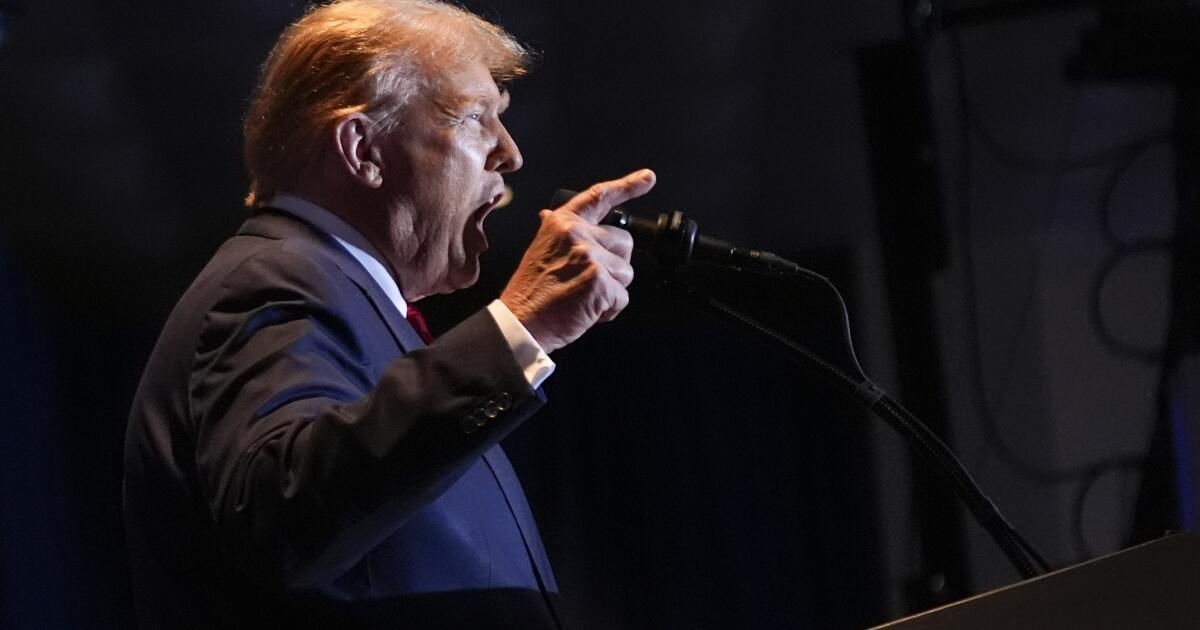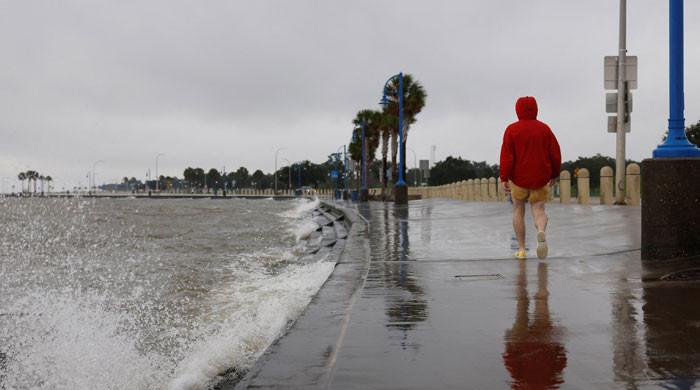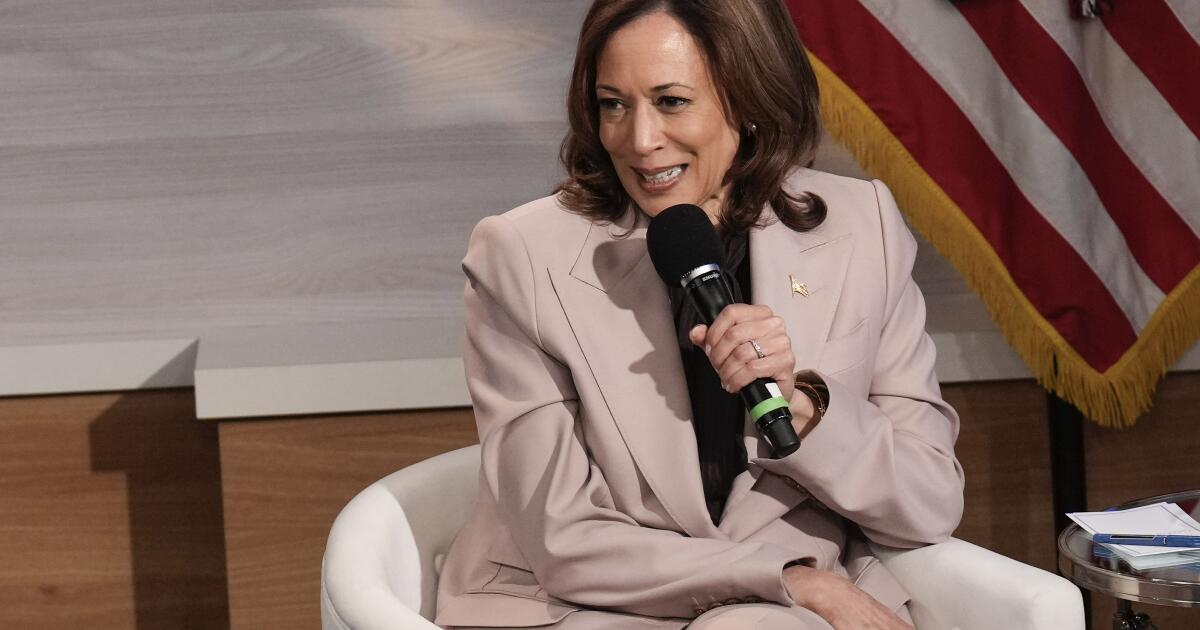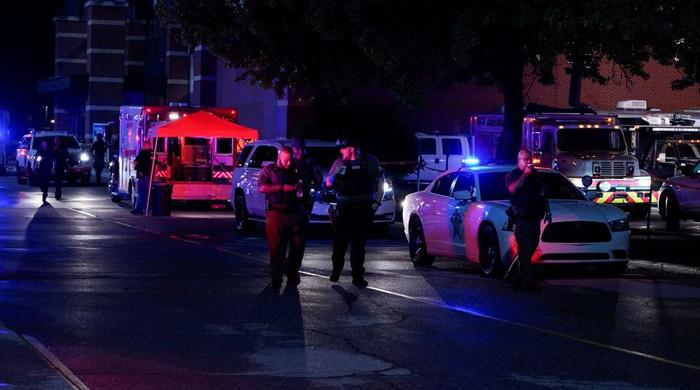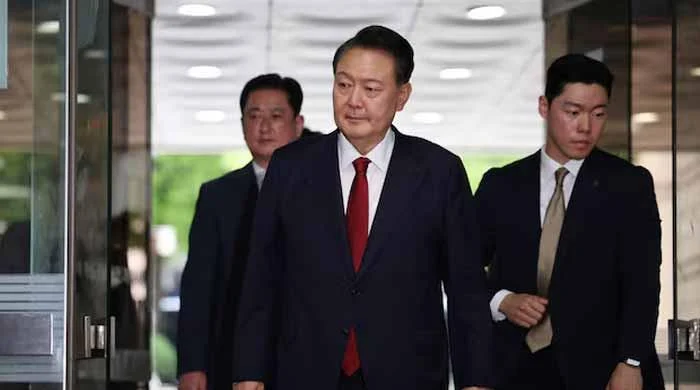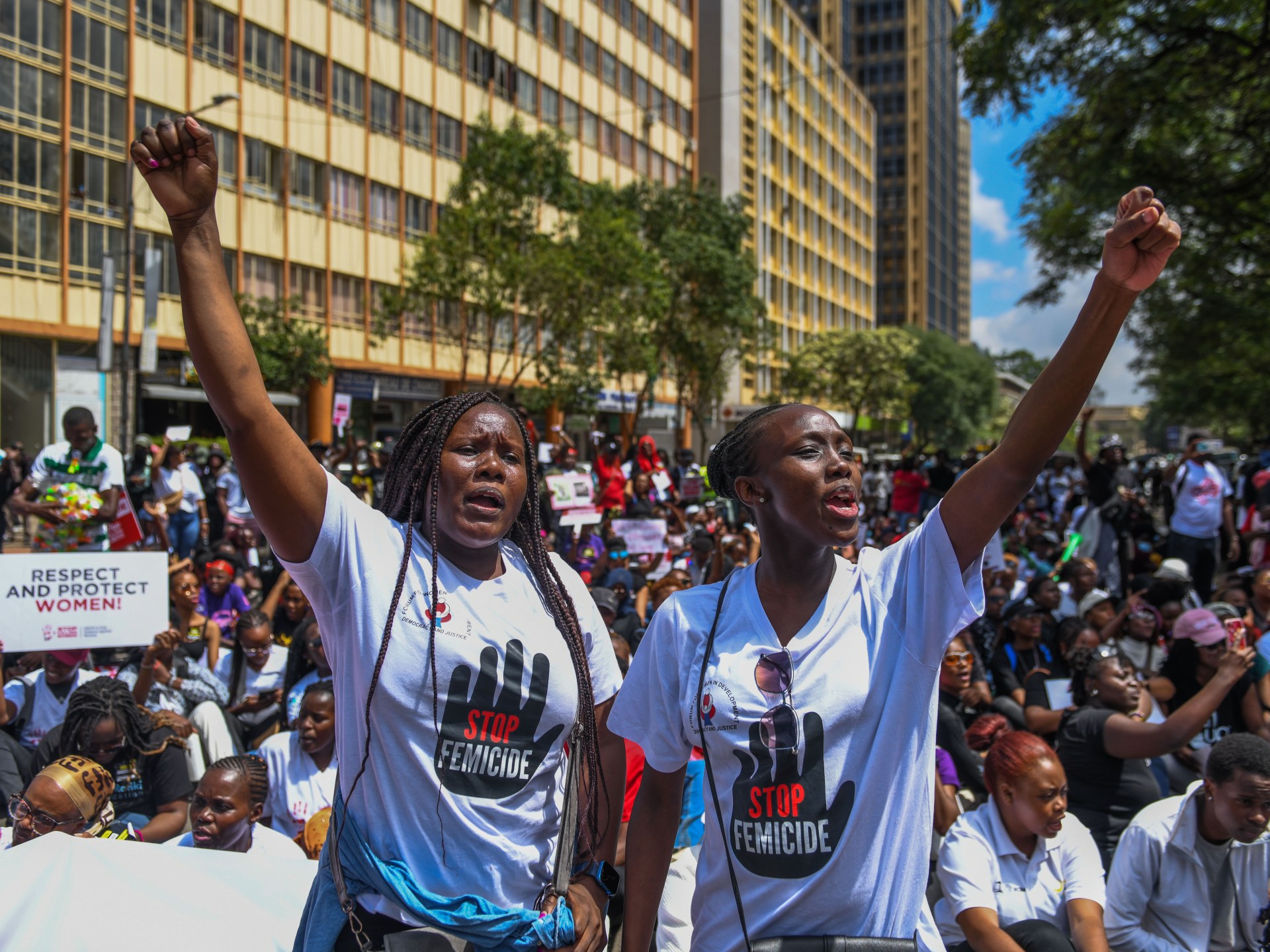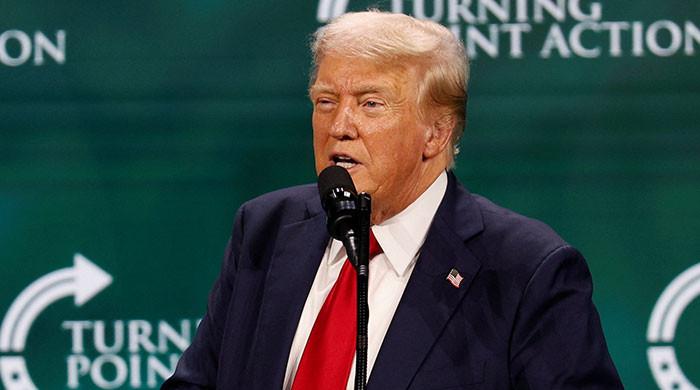Given the Supreme Court's possible responses to Donald Trump's appeal of the D.C. Circuit's denial of his claim of immunity from prosecution, the justices' decision Wednesday should be seen as a gift to the former president. That is because the court supported him on the most important axis: time.
The court's fairly Delphic order maintains a stay of the case pending its consideration of the merits, with oral arguments scheduled for the week of April 22. Doing the math, that means the high-profile election interference trial in U.S. District Judge Tanya Chutkan's Washington courtroom. It won't start for at least six months, around the end of August.
At best, that means there is no more room for error if the case continues this year. And even at the earliest possible date it can take place, the country will be in the final stretch of a presidential campaign that the trial would substantially distort. That's a potential problem not only for Trump but also for the American people.
And, of course, the trial may not begin before the November election, in which a Trump victory over President Biden would completely alter the legal and political landscape.
That's because the trial judge can't really reduce the amount of time left in the pretrial process before Trump's appeal stopped the clock. Trump would cry that the court is violating his due process rights if Chutkan gave the president less time to prepare his defense.
And while the Supreme Court has scheduled a fairly quick consideration of the appeal, it is far from the quickest they have ordered. Trump's team has three full weeks before presenting its report on the merits, with oral argument nearly two months away.
Furthermore, the court's consideration of this motion was not very prompt for a case of this importance and demand. It took the judges 13 days to decide how they would handle the appeal. Again, fast, but I've seen faster.
In fact, during the time it took many court observers assumed that one of the justices must have been writing a dissent. But Wednesday's order was brief, bland and devoid of dissent. (That's not to say it was unanimous, just that no minority justice chose to write in opposition to the decision to take the case, which would have been unusual.)
On the other hand, the Supreme Court's decision does not ultimately portend a reversal of the D.C. Circuit's outright rejection of Trump's immunity argument. My strong feeling is that the justices will not support Trump's far-reaching and fundamentally unconstitutional claim of a fully immune president. The opinion by the D.C. Circuit Court of Appeals, joined by both Republican and Democratic appointees, should dismiss that claim.
It is more likely to find fault with the circuit court, that the justices, probably beginning with Chief Justice John G. Roberts Jr., decided that the matter is of sufficient magnitude not to allow the final decision, however persuasive whatever, comes from a lower court. . Fundamental executive branch issues simply fall within the Supreme Court's job description.
One possible clue to the court's thinking is the order's phrasing of the question presented: “Whether (and if so, to what extent) a former president enjoys immunity from criminal prosecution for conduct allegedly involving official acts during his time in office.” mandate”.
Throughout the case, Trump has argued that the conduct in question fell within the outer perimeter of his official responsibilities. This depends on interpreting his support for the January 6, 2021 rioters as mere political speech.
Their prospects of prevailing in that arena are negligible. In fact, several other courts have been hostile to similar arguments by Trump. For example, also on Wednesday, an Illinois court was the latest to determine that he participated in an insurrection and is therefore disqualified from the presidency under the 14th Amendment.
So even if the Supreme Court were to find some version of presidential immunity from prosecution for official acts, it would not necessarily save Trump if his conduct fell outside his responsibilities.
Yet once again, Trump's fate must be measured as much by time invested as by merit. And a pretrial debate over whether his conduct was consistent with his duties could take even longer.
Therefore, in the long run, the court's decision likely will not exempt Trump from being held accountable for his treasonous conduct. His extravagant claim of absolute presidential immunity is almost certain to fail, and even recognition of limited immunity for official acts will not prevent him from facing justice.
But that's long term. For now, Trump is probably satisfied with an outcome that again delays justice and, if his political gamble of returning to the White House pays off, will allow him to escape completely.
Harry Litman is the host of Podcast “Talking about federals”. @harrylitman

